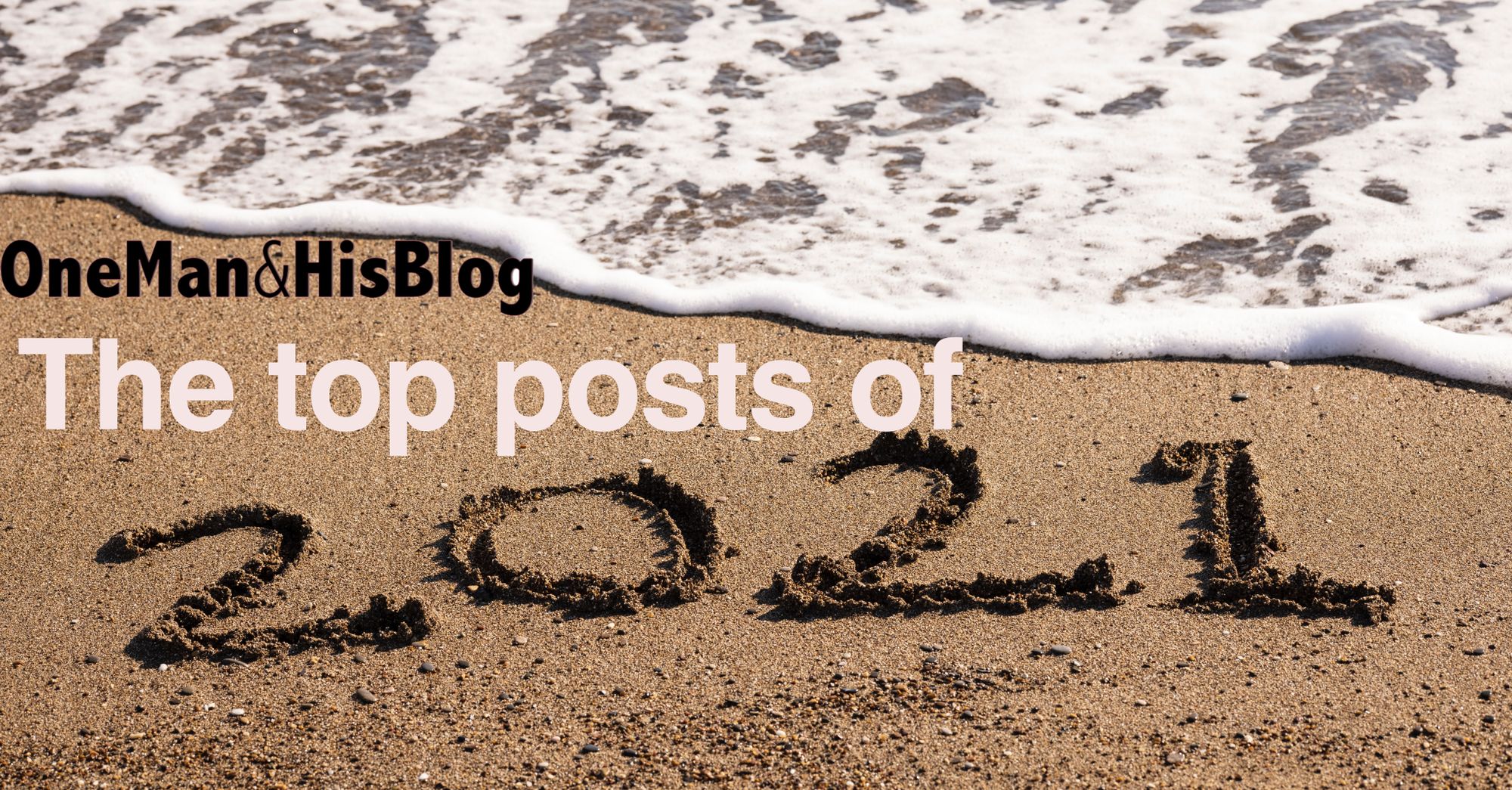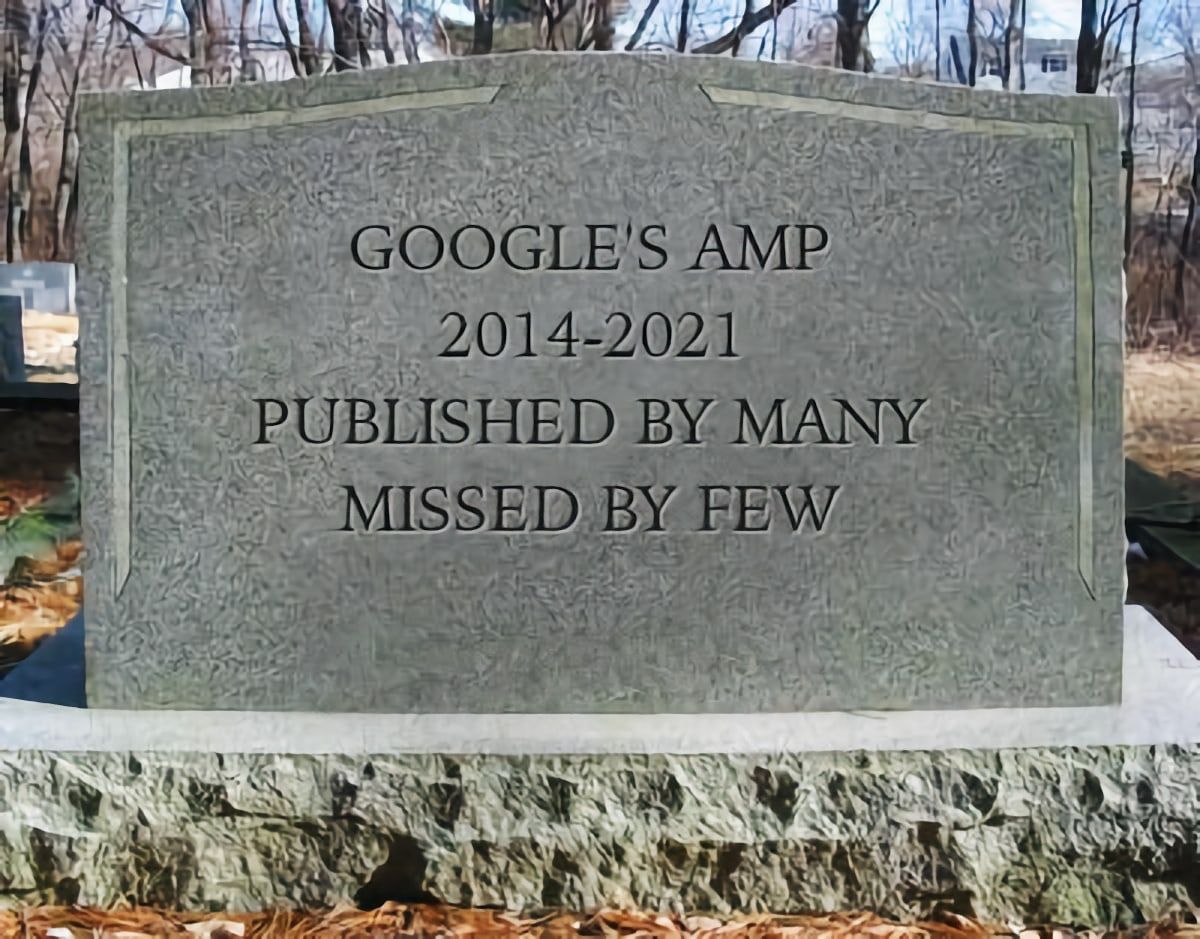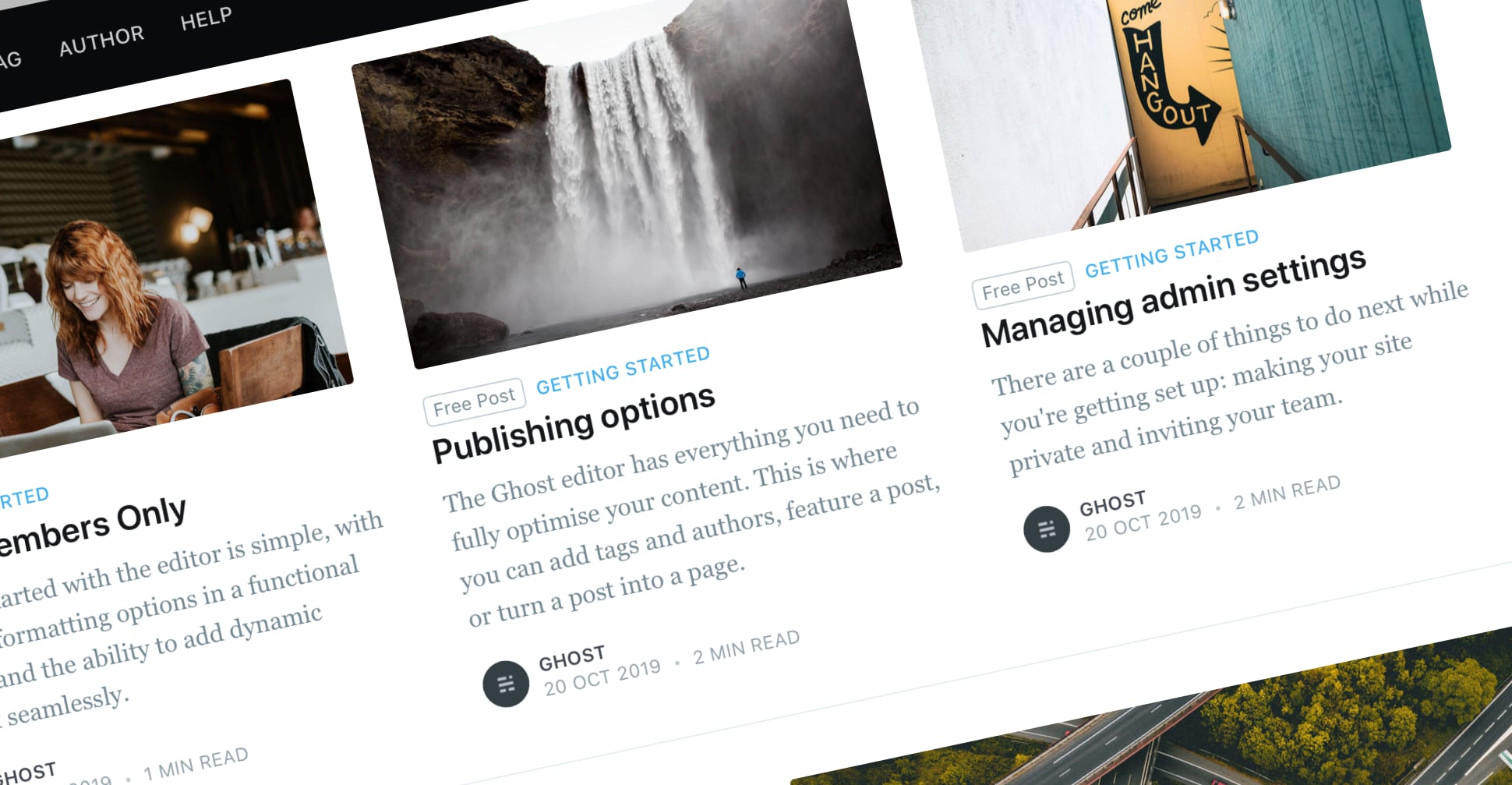
Your favourite posts of 2021
As the old year fades into memory, and the new year is born, let's take a look back at the posts that caught your attention in 2021.
Some people like to end the year with long walks, time with family and a good wee dram of whisky. And I enjoy all of those things.
But I also like to dive into my analytics, and see what posts really ticked your intellectual fancy over the past year. Below you’ll find this year’s top 10, culled for the first time from Fathom Analytics. I made the decision a while back to remove Google Analytics, and just run more privacy-respecting analytics here, as I just don’t need Google’s level of detail for the way this site runs.
A few things that jumped out to me:
- For the second year in a row, the list is dominated by pieces published this year
- Only three posts from last year’s top 10 appear in this year’s list
- Those are the only three posts that pre-date this year that appear in this list
That has actually been a major change over the past few years — my top 10 used to be much more dominated by evergreen posts. That traffic is still there, so this isn’t about a decline in search traffic. Indeed, the other outlet I write for regularly is all about the search traffic…
No, the change is driven by more spikes of traffic to individual pieces over the last couple of years than I've seen in a decade. In particular, much of this traffic came from social and largely from Twitter. I wouldn’t go as far to say that they’re going viral — but I’m certainly getting more focused on riding the wave of attention again.
2021's Top 10
Counting down in reverse order…
10. SEO: AMP’s days are numbered
This post is barely more than a month old, and yet ranking in the top 10. AMP — Accelerated Mobile Pages — have been a thorn in the side of the technical web publishing for far too long, and their continued decline is nothing but good news for most of us.
Google News expert Barry Adams put its further decline as number one on his list of predictions for 2022, so I think we can start saving for the funeral…

9. Apple’s much-needed MacBook Pro reverse ferret
Another recent post — Apple’s massive revamp of its laptop line has made countless people very happy. No wonder — for many of us a MacBook is the critical tool in our work, be we journalists, marketers, or developers.
The company many of us rely on making their products substantially better, by listening to users and reversing some poor decisions of the past, is just great news for so many creative people. No wonder this did well.
For those of an audience engagement bent, this is the only post in the top 10 where Facebook was my top source of traffic. All the rest are Twitter or Google — bar the number one spot. But we’ll come back to that…

8. Ghost 3.0 has built-in membership and paywall tools to build engaged journalism sites
Our first older, evergreen post in the top 10, this piece from 2019 dug into the launch of Ghost’s membership features. The team’s timing was impeccable — they got these out the door mere months before the pandemic hit and the shift to reader revenue became real right across the industry. And they were ready and waiting when the controversy around Substack built later in 2020, giving people an easy exit route.
The platform, which is what I use to publish OM&HB, has reached version 4.32.0 since — after a giant dump of new features earlier in the month. I really need to have a good chat with the team and publish an update in 2022.

7. Matt Yglesias leaves Vox for Substack: is he doing a Newton or a Sullivan?
We can’t make it through the top 10 without a Substack post, can we? If 2021 was the year of email, it was riding hard on the heels of the amount of publicity Substack managed to earn last year, though attracting big names to the platform.
In the year since, we’ve actually seen a few exit Substack, so perhaps I should revisit the ideas in this piece.

6. Why did some publishers gain traffic from the Facebook outage?
Ah, the great Facebook (and Instagram and WhatsApp…) outage of October 2021. For some publishers, this was a bit of a nightmare, as their social traffic saw a catastrophic hit. But, for some publishers, their traffic actually crept up…
The tl;dr version is this: Facebook sucks up a vast amount of people’s free attention. When they can’t focus on that, that attention finds other places to go.
People need to remember: we still live in an attention economy, even if it’s not the buzzword it once was.

5. Marcus Rashford, The Spectator hoax and the power of confirmation bias
This is a bit of an odd one. Back in July, Marcus Rashford tweeted that The Spectator was about to do an exposé on him. That seemed… odd. The Speccie is many things, but an outlet for investigative journalism it is not.
And then, some sort of explanation emerged — unlike the notional story, which never appeared. It was all a setup by a comedian, it appears. And there ended the story. I notice that the comedian has locked her account since, and the Substack where she published the story never put out a second issue.
And so, my post delving into what happened sits high in any Google searches for the situation. Interestingly, Rashford himself went on to pen a piece for the magazine.

4. Want to read your iPad in the bath?
An absolutely gratuitous SEO-bait article from 2014, it’s still delivering the traffic seven years on. And it’ll probably stay in the top 10 until Apple starts water-proofing their iPads…
(Traffic picked up on this in March — I’m not quite sure why. I haven’t given it a freshness update since 2019. Maybe it’s time…).
This is the highest ranked evergreen article. The top three are all this year’s posts.

3. Rewarding good subscriber content is not the same as rewarding clickbait
This felt like 2009 all over again — with me disagreeing with something published in The Guardian. Admittedly, it wasn’t Roy Greenslade (who had his own interesting year…) I was picking a fight with any more. But it was still me picking apart a story that couldn’t actually stand up the point it was trying to make: that The Telegraph was rewarding journalists for clickbait.
There’s a simple idea at the heart of this — rewarding journalists for producing content that boosts subscriber retention and/or loyalty is very different to “clickbait”, and suggesting it’s equivalent is not helpful.
Having had the chance to speak to the people behind The Telegraph’s Stars system since, I’m confident that I was right on this.

2. Apple closes down open rate tracking
During Apple’s developer conference back in the early summer, a slide appeared that made me spit out my coffee. Apple was building email privacy into its products in a way that means that open rate tracking will become inaccurate.
It’s since emerged that their privacy protection essentially means that your open rate goes up because all Apple users who have turned it on show as having opened the email immediately. But it’s still eroding open rate as a core measurement of email success. That this post ranked so high this year is a real indicator of how important email has become to news businesses.

1. Premature Blogging Death Notice
And the most-read post of this year? By a factor of seven, it’s a short, annoyed post I wrote while my daughters were doing their martial arts class. Appropriately enough, for a site that’s still called One Man & His Blog after 18 years of publication, it’s about people casually referring to blogging as dead. Which is clearly isn’t.
The reason that this post won so convincingly is simple: it got posted to Hacker News, where a big conversation developed…

2021 in retrospect
And that’s it for 2021. This has been a consolidation year for the site. It got off to a slow, slow start, thanks to UK schools closing in the third lockdown. I had to pick up the majority of the home schooling, so both my work and this site suffered.
Since then, I've been consciously experimenting with formats, cleaning up my membership list — and I've been rewarded with a steady increase in members, open rates and traffic. I genuinely feel that the site is going into 2022 in a stronger position than it has been in years.
Thank you all so much for reading, and particular thanks to the small but dedicated crew who are supporting the site financially. You have my deepest gratitude.
I hope you all have a very Happy New Year. 🥳
See you in 2022!
Sign up for e-mail updates
Join the newsletter to receive the latest posts in your inbox.











